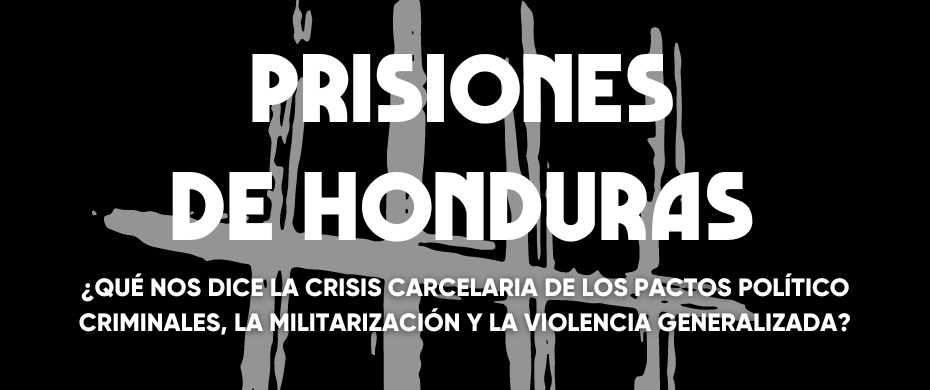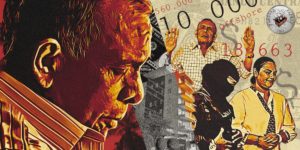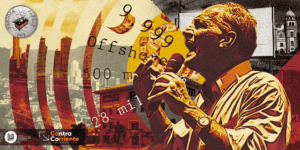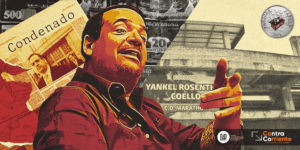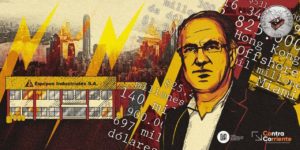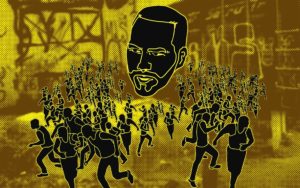Honduran government praises repeal of the ZEDE law as investors denounce ‘lies’ and ‘abuse’
On September 20, 2024, Honduras’ Supreme Court declared the Economic Development and Employment Zones (ZEDE) unconstitutional, annulling a regulatory framework passed by the National Assembly in 2013. Even though magistrates disagree about the legal consequences of the resolution, they reached a unanimous decision, stressing that the ZEDEs violate fundamental constitutional articles. While the government praises the resolution, investors say it’s “abusive.” This has sparked a debate about the possibility of charging public officials who promoted the ZEDEs with treason.
President Castro denounces plans to overthrow her government before the UN
During the 79th session of the United Nations General Assembly, President Xiomara Castro denounced an attempted coup driven by “forces of capital” and the “ten most powerful families in Honduras.” Tensions between the government and the opposition mounted after the release of a video linking the Zelaya family and other members of the ruling party with drug traffickers.
Same Old Same Old: US Elections and the future of Honduras & U.S relations
“Immigrants eating cats and dogs” and “transgender operations on illegal aliens in prisons” were some of the viral remarks that came out of last week’s U.S. presidential debate. In the 90-minute debate, former President Donald Trump and incumbent Vice President Kamala Harris went head-to-head to present their case to the American people and the world. However, when asked about their immigration and border security policies, where the root causes of migration from Central America were mentioned, both candidates left much to be desired. Instead of presenting a clear policy position, they focused on attacking each other.
Guapinol defender Juan López murdered
On the evening of September 14, after attending mass in his community, Juan López – Tocoa councilman and well-known environmental defender in the region – was shot inside his vehicle by a hitman on a motorcycle. President Xiomara Castro has promised to use every means available to law enforcement to investigate the murder. López had called for the voluntary resignation of Tocoa Mayor Adán Fúnez, member of the Libre Party who recently appeared in a video negotiating with drug traffickers and other top politicians of the current government.
Crónicas periodísticas
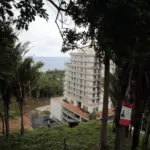

La diversidad garífuna a la caza de su tierra prometida

Las pesadillas en la isla

FOTONOTA
fotografía destacada
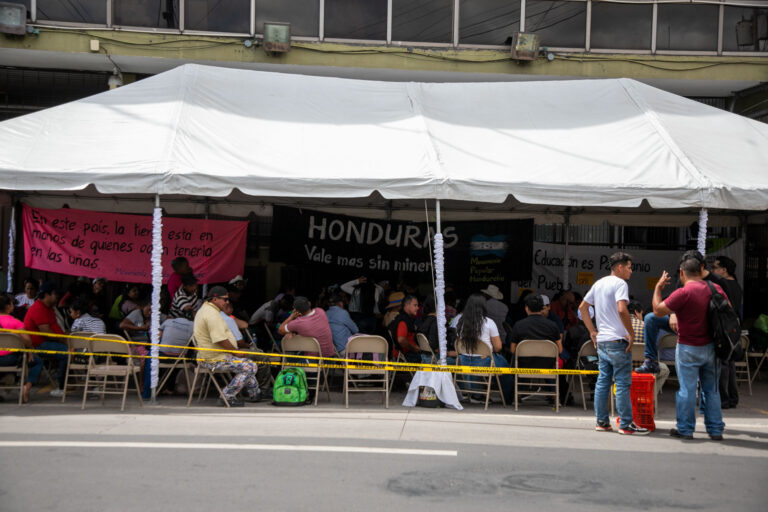
Candidaturas independientes a alcaldías, en riesgo de quedar fuera de las elecciones generales
Solo seis candidaturas independientes lograron inscribirse para participar en las elecciones generales del próximo 30 de noviembre, al cumplir con los requisitos establecidos por el Consejo Nacional Electoral (CNE).

Candidaturas independientes a alcaldías, en riesgo de quedar fuera de las elecciones generales
Solo seis candidaturas independientes lograron inscribirse para participar en las elecciones generales del próximo 30 de noviembre, al cumplir con los requisitos establecidos por el Consejo Nacional Electoral (CNE).
Reportaje Destacado
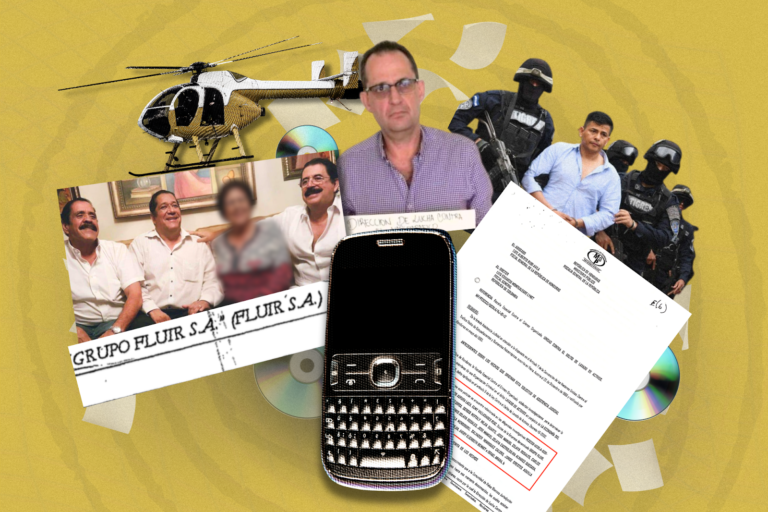
Honduran Attorney General’s Office shelved money laundering and drug trafficking case linked to the Zelaya family
A request for legal assistance sent to Colombian authorities in 2012 revealed that former President Manuel Zelaya Rosales and several of his relatives were under investigation for money laundering and drug trafficking. Colombia’s Attorney General’s Office provided Honduran authorities with telephone recordings that tie the Zelaya family to drug trafficking and the irregular acquisition of properties. To date no indictment has been filed and Honduran prosecutors have not made progress in the investigation.

Honduran Attorney General’s Office shelved money laundering and drug trafficking case linked to the Zelaya family
A request for legal assistance sent to Colombian authorities in 2012 revealed that former President Manuel Zelaya Rosales and several of his relatives were under investigation for money laundering and drug trafficking. Colombia’s Attorney General’s Office provided Honduran authorities with telephone recordings that tie the Zelaya family to drug trafficking and the irregular acquisition of properties. To date no indictment has been filed and Honduran prosecutors have not made progress in the investigation.

UN Office in Honduras evades responsibility for statements about Cicih
Contracorriente defends journalism as a pillar of democracy, therefore our independence and freedom of the press cannot be compromised by any organization or government. Today we have to respond to a statement from the United Nations Office in Honduras because it makes us more vulnerable in the face of the power that we rebuke.

An imposed refoundation
Hondurans euphorically relived celebrations of the November 2021 elections, which had the highest voter turnout in recent history, when former President Juan Orlando Hernández was apprehended in February 2022. Hernández was prosecuted in the U.S. and is now awaiting trial for drug trafficking charges. However, hope for a possible way out of a prolonged political crisis to a period of democratization quickly turned to frustration, a change that began in National Congress when the new administration took office.

UN Office in Honduras evades responsibility for statements about Cicih
Contracorriente defends journalism as a pillar of democracy, therefore our independence and freedom of the press cannot be compromised by any organization or government. Today we have to respond to a statement from the United Nations Office in Honduras because it makes us more vulnerable in the face of the power that we rebuke.

Socio-environmental vulnerabilities for a cup of coffee
Coffee is one of the most widely traded and consumed commodities in the world, which is why I want to talk about the negative socio-environmental impacts of its production in developing countries and guide people to consume it more responsibly.
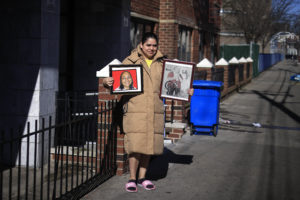
Long-awaited and partial justice for Honduran political refugee in the U.S.
Monserrat is the daughter of Margarita Murillo, a Honduran leading activist who was involved in campesino movements until her murder in 2014. She arrived in the U.S. after receiving death threats for seeking justice for her mother and has been living as a political refugee in New York ever since. During the trial against former Honduran President Juan Orlando Hernández, a witness mentioned Marlene Banegas, a Honduran prosecutor who was murdered after receiving information that exposed Hernández’ ties to the drug trade. Banegas was also investigating Murillo’s murder.
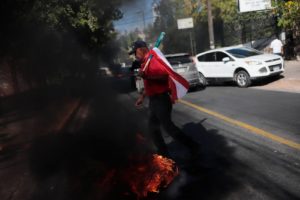
The trial against JOH does not alter the existing reality in Honduras
“You have to learn to respect the opinions of others, what I’m telling you is that anything can happen and it’s possible that in the end JOH will walk free,” said one man to another in a store next to the old train lines, an area occupied by street vendors in San Pedro Sula, northern Honduras.

New York, the sanctuary city holding the trial of former president Juan Orlando Hernández
Situated on one side of the train tracks in the Bronx is La Esquina Garífuna, a food truck specializing in traditional Honduran cuisine. Owned by José Manuel, a Garífuna who migrated to the United States a decade ago with his wife to escape the political turmoil in Honduras. Despite being in an unassuming location amid a chilling -4°C, the welcoming atmosphere created by José makes you overlook the constant noise of passing trains every five minutes and the litter from nearby residents.

Silence in the face of historical memories
It’s been over 44 years since the disappearance, torture and murder of hundreds of people in Honduras, and Berta Oliva, coordinator of the Committee of Families of Disappeared and Detainees in Honduras (COFADEH), doesn’t feel like crying anymore because her main objective is to “contribute, serve and help.” She’s focused on creating awareness about the disappearances that took place in the 1980s and wants to preserve the historical memory so that the violence of a silent war against ideas doesn’t occur again. For that reason, she established the Museo Contra el Olvido.
Centroamérica
Noticias destacadas
Voces diversas

Wherein lies our pride?
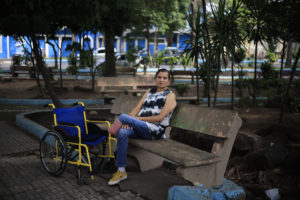
Abigaíl Galindo’s last photographs

Our shouts, bodies and colors
Contracultura
Una mirada Contracorriente
En Contracorriente contamos historias en video también. Suscríbete a nuestro canal para conocer las últimas noticias a profundidad de Honduras.





